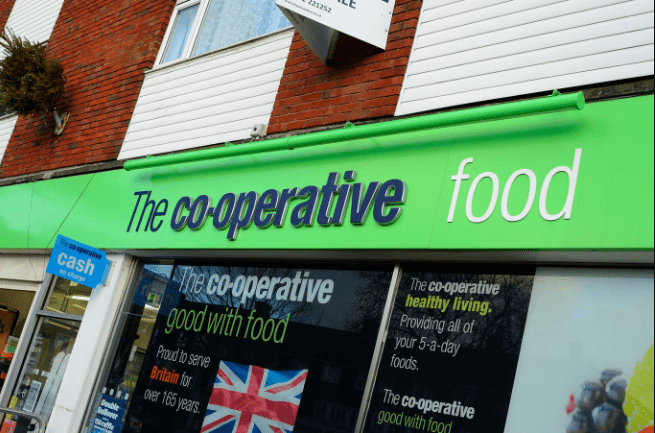Supermarket Embarks on Bold Move to Align Sourcing with Human Rights Values
The Co-op is set to remove certain products, including Israeli carrots and Russian vodka, as part of a sweeping supermarket ethical boycott aimed at distancing itself from nations accused of human rights abuses.
Beginning this month, the chain will begin phasing out ingredients and goods sourced from 17 countries deemed “of concern” based on international human rights assessments. This includes removing items such as mangoes from Mali, alongside other imports from flagged nations.
The decision, approved by the Co-op Group Board, is the result of a year-long review. The supermarket stated that its new policy is built on three core pillars:
- Broad consensus that a country is violating international laws or committing community-wide human rights abuses.
- Assurance that the Co-op’s actions will make a tangible difference to those affected.
- Maintaining business integrity while staying true to co-operative values.
Surveys and motions among Co-op members revealed rising concern about the role of commerce in global conflicts. Many expressed a strong desire for the supermarket to take a firmer stance in promoting peace and ethical sourcing.
“This policy – which has been developed over the past year as a part of our Hate Divides Communities, Co-operation Builds Them campaign – is a clear demonstration of our co-operative values in action, where the voices of our members have been listened to and then acted upon,” said Debbie White, Chairwoman of the Co-op Group Board.
A Targeted List of Nations
The policy targets both ingredients in Co-op-branded items and complete products imported from the 17 countries under scrutiny. This includes:
- Israeli carrots
- Russian vodka
- Mangoes from Mali
Each item will be phased out gradually to align with supply chain logistics.
The Co-op has long prided itself on ethical leadership—from Fairtrade initiatives to sustainability campaigns. This new supermarket ethical boycott is positioned as the next logical chapter in its ongoing mission to reflect co-operative principles through business practices.
“We are committed, where we can, to removing products and ingredients from our shelves which are sourced from those countries where the international consensus demonstrates there is not alignment with what happens in those countries and our co-operative values and principles,” White added.
The rollout of this policy coincides with Co-op Fortnight in the UK—a celebration of co-operative business and community action. As the boycott policy takes effect, it remains to be seen whether other UK supermarkets will follow Co-op’s lead in putting principles before profit.






